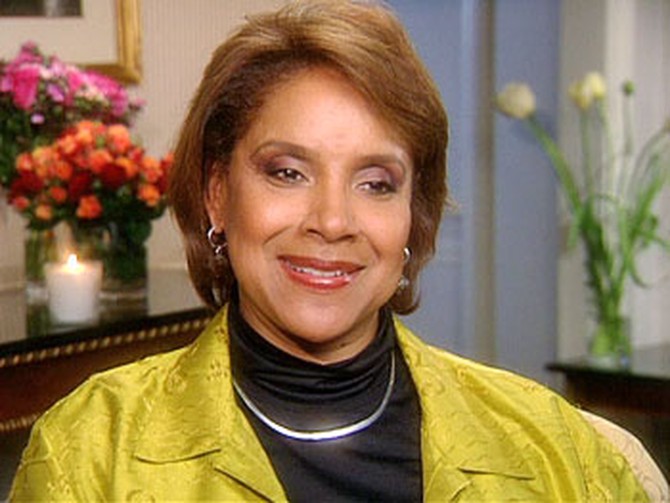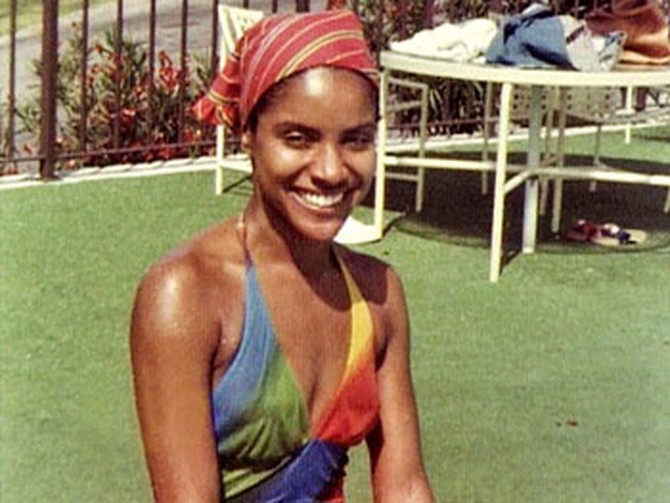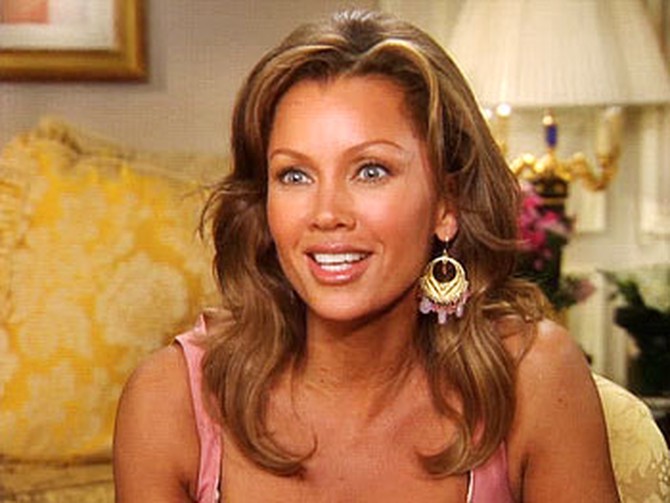Lessons Learned

Letter to My Younger Self
In the April 2006 issue of O, The Oprah Magazine , Tony Award®-winning actress and Cosby Show star Phylicia Rashad opens up in a "letter to her younger self."
"I was born to a very beautiful family," Phylicia says. "My father looked like a matinee idol; my mother was literally so beautiful that she would stop traffic. When I looked in the mirror, all I could think was that when I was born, God was on a lunch break. … I didn't look pretty, so I set out to be very good at what I did. I found self-esteem in other ways—I was a majorette, I sang in the choir, I played viola, I ended up being a very good student. It wouldn't be until much later that I felt beautiful."
"I was born to a very beautiful family," Phylicia says. "My father looked like a matinee idol; my mother was literally so beautiful that she would stop traffic. When I looked in the mirror, all I could think was that when I was born, God was on a lunch break. … I didn't look pretty, so I set out to be very good at what I did. I found self-esteem in other ways—I was a majorette, I sang in the choir, I played viola, I ended up being a very good student. It wouldn't be until much later that I felt beautiful."

What advice would Phylicia share with her younger self? "I would tell [myself] not to be so preoccupied with looking for approval from other people," she says. "You're never going to be anybody other than who you are, and who you are is greater than [you] imagine. The way that we think creates our reality—it's very powerful. I would say to a young girl who's feeling insecure about her looks, 'Stop!' Who you are is not the way you look—who you are is who you are on the inside. There's not a mirror in the world that can show you that. It is beautiful; it is amazing; it is awesome."

Vanessa Williams's Insecurities
Oprah calls her one of the prettiest women she knows, but actress and singer Vanessa Williams says she suffered from insecurities growing up.
"I grew up in a predominantly white neighborhood—I knew I was always different," Vanessa says. "I had a booty, full lips. My mother would say, 'Stop poking out your lips.' I'd say, 'I'm not poking them out—these are my lips!' I knew my hair was different because it was kinky."
"I grew up in a predominantly white neighborhood—I knew I was always different," Vanessa says. "I had a booty, full lips. My mother would say, 'Stop poking out your lips.' I'd say, 'I'm not poking them out—these are my lips!' I knew my hair was different because it was kinky."

Vanessa says that the desire women have to be liked, no matter what, is unhealthy. "Women, and especially young girls, want to please so badly—we want everyone to be our friends," Vanessa says. "Sometimes we do things that don't feel good in [our] gut. Listen to your gut! If it doesn't feel good, don't do it. Walk away. Once you grow older, you realize that all the things that you stressed about usually are your biggest assets."
"Looking back at my younger self, I would say, 'Be very slow in terms of dealing with boys,'" Vanessa says. "With a new body, with all the added attention, there are a lot of things that can happen very quickly that can change your life. It's always right to say no. If it doesn't feel good, you don't have to do it. You really can't make choices as a woman yet, even though your body may look like [a woman]. So just be mindful and take your time and be strong."
"Looking back at my younger self, I would say, 'Be very slow in terms of dealing with boys,'" Vanessa says. "With a new body, with all the added attention, there are a lot of things that can happen very quickly that can change your life. It's always right to say no. If it doesn't feel good, you don't have to do it. You really can't make choices as a woman yet, even though your body may look like [a woman]. So just be mindful and take your time and be strong."
Published 04/24/2006

